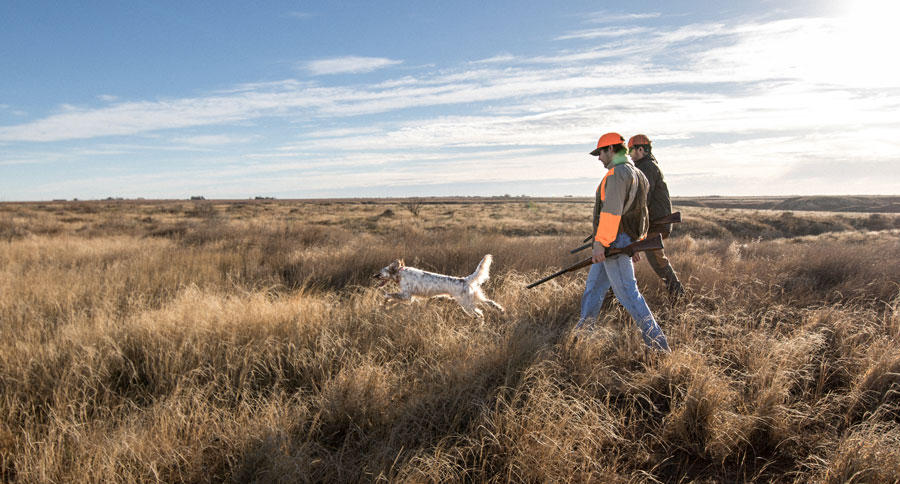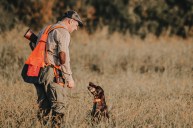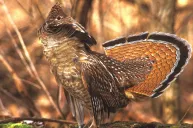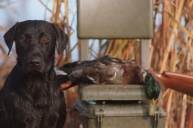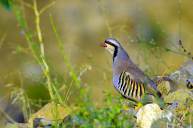The northern bobwhite quail is the most rapidly declining bird in America, so this family decided to take action.
The Kendall family lives for West Texas quail hunting, but their favorite bird hasn't been living quite as well.
According to the National Audubon Society, wild northern bobwhite quail are declining faster than any other bird in the United States. But, even though populations have been plummeting for decades, only theories have explained why.
Some of the more common rationales point to climate change, droughts, habitat degradation and overhunting.
While American wildlife conservation agencies haven't been able to confirm any causes, there's one thing that is glaringly obvious: quail are in trouble. A study done by the Cornell Lab of Ornithology indicated a 4-percent decline per year from 1966 to 2014, which translates to a cumulative decline of 85 percent over a 48-year span.
Despite various efforts to buck these trends, quail populations continue to drop, which is likely a result of inaccurate theories. However, thanks to a family of persistent, passionate quail hunters, there's seemingly hope on the horizon.
"The Bobwhite," a short film which just debuted across multiple social media platforms, shares the Kendall family's efforts to find the true root of the problem. And, they believe they've found it.
Watch the video below:
Dr. Ron Kendall, environmental toxicology professor and founder of the Wildlife Toxicology Laboratory at Texas Tech University, decided to think outside the box that wasn't producing results.
Eventually, he and his team were able to find and identify two parasites that have been clearly impacting bobwhites' ability to survive.
"We looked at pesticides, we looked at bacterial diseases, viral diseases, parasitic diseases," said Dr. Dale Rollins of the Rolling Plains Quail Research Foundation. "So we've invested a lot of time with Dr. Ron Kendall up at the Wildlife Toxicology Lab. After three years of study, two parasites—two parasitic worms—rose to the top, those being the eyeworm and the caecal worm."
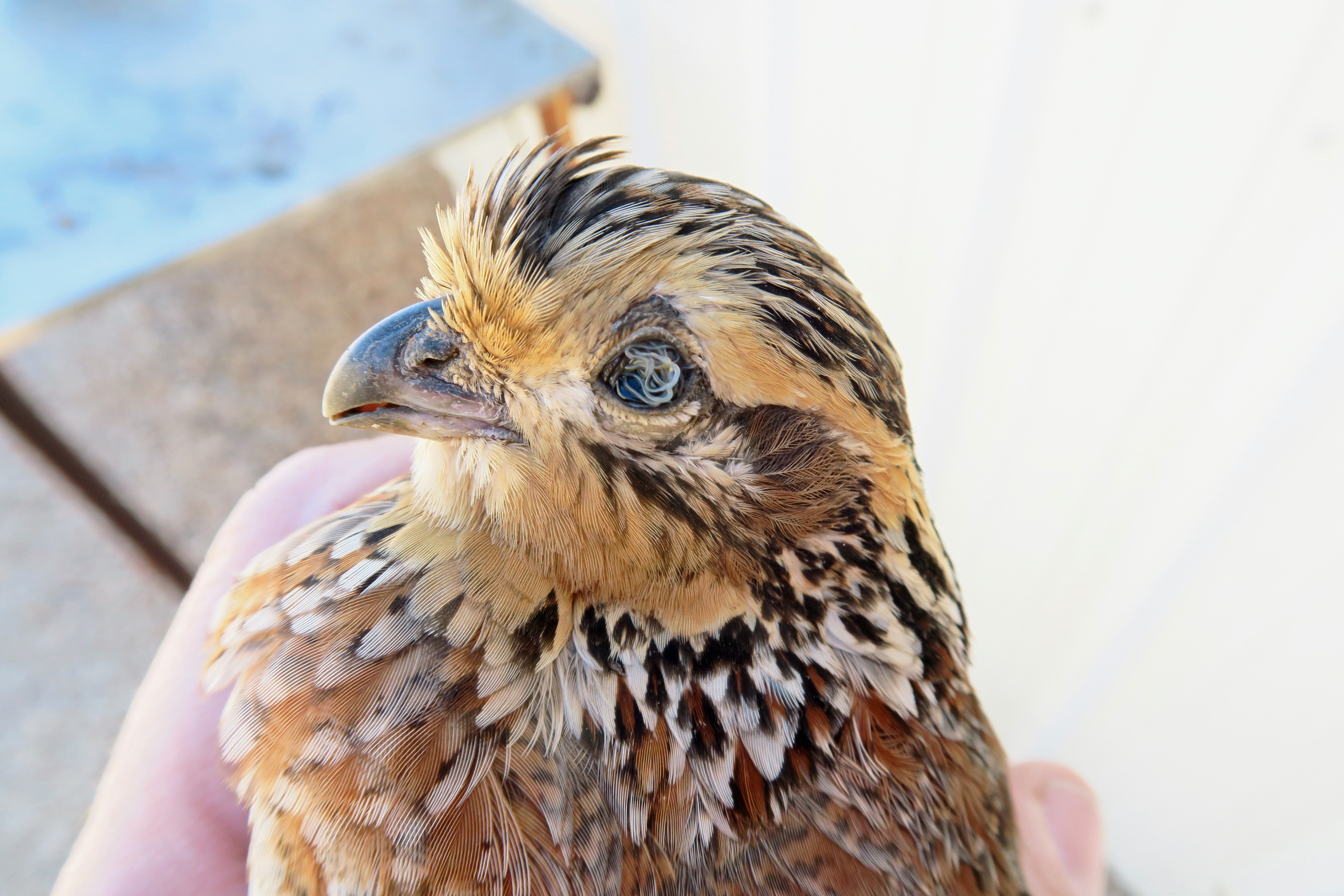
Once a major culprit was clear, Kendall's team started shifting efforts toward finding a solution. He and TTU are now looking to gain FDA approval for a medicated feed developed for wild quail called Quail Guard, which kills off the parasites without hurting the birds.
After extensive testing on pilot study ranches in Texas and Oklahoma, the team is seeing promising results.
"What we're doing with parasites and quail—what the Wildlife Toxicology Laboratory has done—was provide leadership to assess the gravity and the scope of these parasitic infections," Kendall said. "And now some years later, we're getting very close to that solution."
Bobwhite quail are a very important bird to not only hunters, but smaller communities in North America. Kendall says humans don't just have an opportunity to help save these bird populations, but rather an obligation.
"This is not just a bird we all appreciate, they are highly valuable economically," he said. "The film highlights how quail hunters come to Texas and bring thousands and thousands of dollars into our economy. And as is all wildlife, they are a barometer for human life. There should be a long-term concern from us all."
Along with the Quail Guard medicated feed, the Quail Safe, a predator-proof, quail-specific feeder, will likely hit shelves in 2019.
For more information, visit TheBobwhite.com.
NEXT: THE UPLAND HUNTER'S ULTIMATE BUCKET LIST
WATCH
